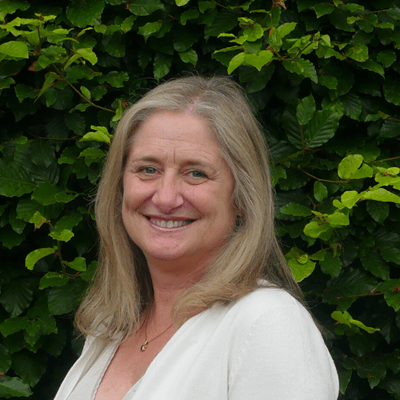Sustainability Measurement
Online | Face-to-face | In-company
Overview
This course will teach you how to set meaningful sustainability goals, and measure the impact of sustainable practices implemented within your organisation.
You will learn about the strengths and weaknesses of the various measurement tools that are available, and, crucially, how to determine which are the right ones for your organisation.
You will explore what responsible sustainability measurement and reporting looks like in a fast-changing regulatory context.
The course will also help you better understand the circular economy concept and how it can apply in your place of work.
Learning outcomes
By the end of the course, you will gain an intermediate-level understanding of:
- sustainability in the chemical and processing industries
- why responsible sustainability measurement and reporting is important
- what sustainability measurement and reporting means in practice
- how to measure sustainability using a range of tools and techniques
- how to select the right sustainability measurement tools/metrics for your company
- how the circular economy and sustainability measurement and reporting fit together
- how to be transparent and avoid claims of greenwashing
Who will benefit
Anyone working in the chemical and process industries with responsibility for embedding more sustainable practices and/or reporting on sustainability progress.
Previous delegates said
"Ann was a good course leader, presented well and clearly knows her material well. She also made the course fun."
I Campbell, Johnson Matthey, UK
"Course content was excellent. The timing split was also spot on – longer sections on regulation and less time on things less relevant to chemical engineering but important to know about."
T Hart, Sellafield Ltd, UK
Course outline
- Sustainability and measurement in the chemical and processing industries
- ESG, CSR and indicators
- Circularity and sustainability
- Sustainability measurement tools
- Certification
- Communicating sustainability responsibly
Upcoming courses
Online
From 21 May 2025
- Module 1–21 May 2025, 10:00–13:00 BST
- Module 2–22 May 2025, 10:00–13:00 BST
Face-to-face
- 5–6 February 2025, Rugby, UK
Not available then? Register your interest in alternative dates.
Fees
- IChemE member – £880 + VAT
- Non-member – £1,100 + VAT
How to register
Select your preferred course from the list of upcoming start dates and go to the 'Book course' button at the bottom of the page.
More than one person to train?
Multi-place discounts
Discounts are available to companies booking more than one place. Bookings must be made at the same time to receive the discount.
- 2 places – 10% discount
- 3 places –15% discount
- 4 or more places – 20% discount
In-company training
This course can be delivered to corporate teams, either on-site or online. This could be a cost-effective option if you have several people requiring the training. Content can be tailored to your specific requirements. Request a quotation.
Attendance certificate & CPD hours
An e-certificate will be issued at the end of the course to confirm attendance and CPD hours logged. Please note that you must attend all modules to receive the certificate.
CPD hours should be used as an approximate guide and will vary depending on the preferred approach of the delegate and to what extent additional learning is completed.
Associated courses
Centred around the United Nations Sustainable Development Goals, our new suite of sustainable process engineering courses will further your knowledge and understanding of how chemical and process engineers can have an impact on sustainability, and will help you to start applying more sustainable practices in your work.
From responsible measurement and reporting, to opportunities to capture value through resource management and how leaders can embed a sustainability-first approach in an organisation, these introductory, intermediate and leadership courses have grown out of our market research around what training employers want.
Other courses:

Trainer
Dr Ann Stevenson
Resource Futures
Ann Stevenson has 25 years’ experience of delivering waste minimisation and circular economy projects and programmes with businesses, the public sector and third sector organisations. With a special interest in supporting circular supply chains, Ann recently completed her PhD investigating the perceptions of risks for UK manufacturing SMEs in transitioning to a circular economy.
As Circular Economy Lead Ann works with stakeholders across Resource Futures’ client base and has responsibility for ensuring we design and deliver impactful solutions around the following areas: circular business models, sustainable supply chains, sustainable procurement, achieving net zero, carbon foot printing and life cycle analysis, materials, resources and waste mapping and action planning.